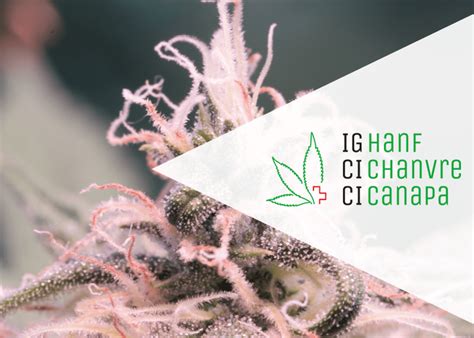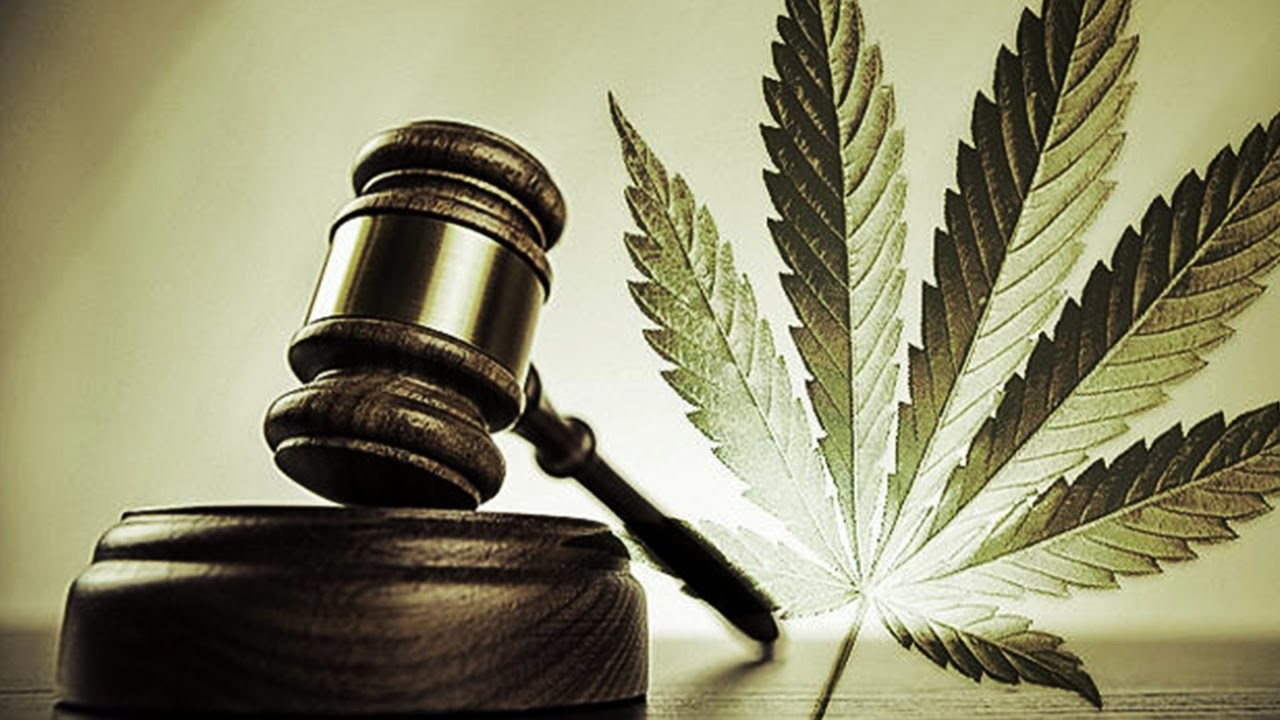
What products can I take with me on vacation abroad? Anyone who uses CBD products in everyday life will sooner or later come across this question.
Since natural CBD products are derived from the hemp plant, which is criminalized in many places, there is a confusing jungle of laws in many countries. However, if the products do not have a significant THC content, then – especially due to the political changes of the last few years – quite a bit is allowed.
So if you don’t want to do without CBD or risk a conflict with foreign laws, you should take a look at the legal situation in your vacation destination before packing.
This article is intended to provide the necessary info on the legal situation in popular vacation countries. If the desired destination country does not appear in this article, we are sorry – unfortunately we cannot keep track of laws around the world. However, we are open to questions and you are also welcome to share your private research with us so we can add it to this post.
Disclaimer: We inform to the best of our knowledge and belief about the legal situation regarding consumption & possession of CBD products. This article reflects the legal situation as we know it in October 2022. We try to incorporate any changes into this article as quickly as possible, but we probably don’t get all the changes in the law abroad right away. Do some more research yourself to be on the safe side. We assume no liability for the statements made in this article.
CBD in the EU
The legal situation in Europe is, despite some basic EU-wide directives, relatively confusing. Basically, processed CBD products (e.g., hemp oil) with a THC content of no more than 0.2% are legal throughout the European Union.
[1]
Slovakia was the last EU country to remove CBD from the list of banned substances in 2020.
In Belgium, Denmark, Finland, Malta and Portugal, a doctor’s prescription is needed to stay on the safe side. In Belgium, however, quantities of up to 3 grams are decriminalized, while in Portugal the limit is 25 grams. [2]
Processed CBD products (e.g. hemp oil) with a THC content of 0.2% or less are legal throughout the European Union.
In the EU, in addition to countries with more restrictive legislation, there are also some countries (tending to be more and more) that are more tolerant. Further, the handling of unprocessed products such as hemp flowers or teas differs from country to country. Therefore, here is another detailed description of the situation in our neighboring countries.
Germany
Germany is pretty much toeing the EU line at the moment. Products are legal if they have a THC content of less than 0.2% and abuse for intoxication purposes is excluded. [3] According to the current interpretation of the laws, the abuse of flowers & teas for intoxicating purposes is not excluded. So flowers & teas are illegal unlike processed products like hemp oil and cosmetics. This position was confirmed in 2022 by a ruling of the Federal Court of Justice – so don’t take a flower to Germany. [4]
| Product | Legal status |
|---|---|
| CBD Hemp Oil | Legal up to 0.2% THC |
| Flowers | Illegal |
| Care products / cosmetics | Legal up to 0.2% THC |
| Hemp tea | Illegal |
| Hemp seed | Legal if not for cultivation purposes |
Austria
In Austria, CBD products are allowed to contain up to 0.3% THC. [5] In contrast to Germany, flowers and teas are also legal if the THC level is met. CBD is sold in Austria only as an aroma product, as CBD products are neither sold nor advertised as medicinal or medical products, cosmetics, smoking products or food and dietary supplements. However, this restriction is hardly relevant for private vacation travel, as it is directed against the companies.
| Product | Legal status |
|---|---|
| CBD Hemp Oil | Legal to <0.3% THC |
| Flowers | Legal to <0.3% THC |
| Care products / cosmetics | Legal to <0.3% THC |
| Hemp tea | Legal to <0.3% THC |
| Hemp seed | Legal if not for cultivation purposes |
France
For a long time, France had quite restrictive laws. However, since January 24, 2022 (provisional), or December 28, 2022 (definitive), pretty much everything is legal with regard to CBD, as long as the limit of 0.3% THC content is respected.[6] An important point for the vacations: Be careful when driving. Since the amendment has not yet been implemented in the Road Law, a zero tolerance limit (presumably) applies to driving.[7]
| Product | Legal status |
|---|---|
| CBD Hemp Oil | Legal up to 0.3% THC |
| Flowers | Legal up to 0.3% THC |
| Care products / cosmetics | Legal up to 0.3% THC |
| Hemp tea | Legal up to 0.3% THC |
| Hemp seed | Legal if not for cultivation purposes |
Italy
In Italy, the EU limit value of max. 0.2% THC content. Until 2019, this value was as high as 0.6%, until the new government enacted new bans.[ 8] Since 2019, all products derived from the cannabis sativa plant are illegal – except those “without narcotic effect”. As it is still unclear exactly how this directive will be implemented, there is a legal gray area in Italy between the old 0.6% rule, the newer more comprehensive ban and the EU directive of 0.2%. However, there are currently no indications that THC-free products would pose a problem – EU hemp with a maximum of 0.2% THC can therefore be consumed quite carefree during the Italian vacations .
| Product | Legal status |
|---|---|
| CBD Hemp Oil | Legal up to 0.2% THC |
| Flowers | Legal up to 0.2% THC |
| Care products / cosmetics | Legal up to 0.2% THC |
| Hemp tea | Legal up to 0.2% THC |
| Hemp seed | Legal if not for cultivation purposes |
Liechtenstein
Yes, Liechtenstein is not in the EU. As Switzerland’s neighbor, however, the small state has nevertheless earned a place on this list. In Liechtenstein, as in Switzerland, hemp with a THC content of more than 1% is considered an illegal narcotic. [9] There are no more precisely specified guidelines for CBD products. So we are in a legal gray area. Presumably, vacation travelers in Liechtenstein won’t get into trouble if they stick to the 1% rule, as they would in Switzerland.
Our products and the EU legislation
As there is a limit of 1% THC for CBD products in Switzerland, some of our products, especially the flowers, are not compatible with EU laws. In our store, the THC content is listed in the product information in each case.
Quite safe to take with you on vacation are our completely THC-free Broad-Spectrum hemp oils. However, caution is advised with the full-spectrum oils: only just the 6% oil with a THC content of 0.2% is suitable for vacations in the EU. Our care products also all contain less than 0.2% THC.
Tea & Syrup is made with EU-certified hemp varieties and is therefore harmless, provided that these product categories are permitted in the chosen resort. The edibles (chocolate, snack hemp, pesto, …) are all approved as normal food and are completely legal – they are not “Novel Food”.
CBD in other states
Thailand
The current situation in Thailand is quite confusing. Basically: Cultivation and possession of cannabis is legal, medical products and edibles with a THC content of maximum 0.2% are legal as well. Recreational use is more difficult: smoking cannabis in public spaces is not allowed. Since cannabis flowers are no longer considered narcotics until 09.06.2022, there is still a lot of ambiguity in the implementation. So, to avoid any unpleasant vacation surprises, it pays not to consume cannabis in public spaces. [8]
A good overview of the concrete situation on the ground can be found in the Legalize-It! travel report from Bangkok (December 2022).








